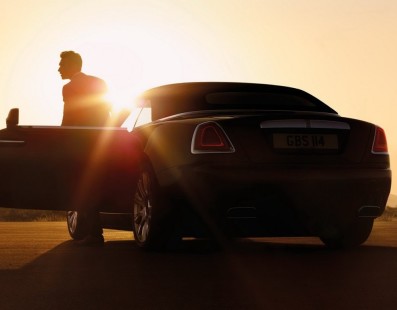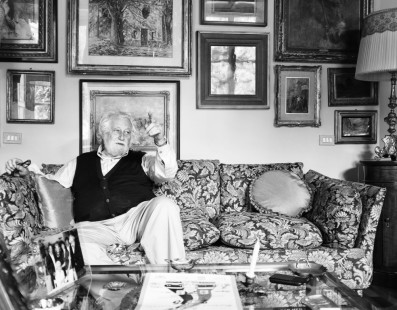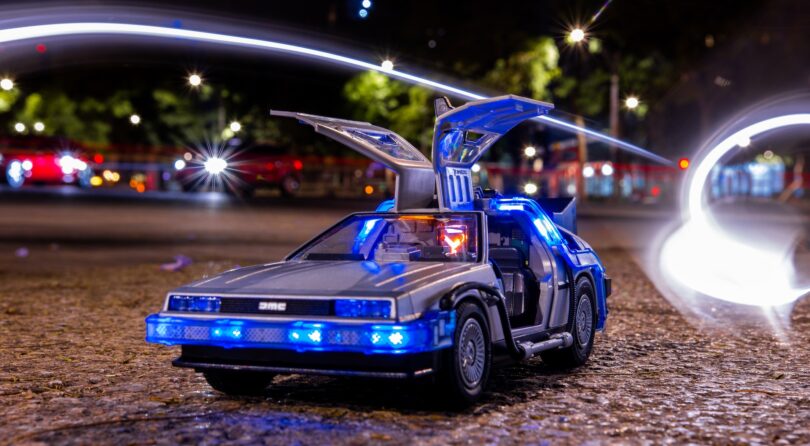
Cars and Pop Culture: The Influence of Automobiles on TV and Cinema
There’s something mesmerizing about cars—their captivating designs, the roar of their engines, and the sense of freedom they imbue. These metallic chariots have shaped and transformed the modern world, extending their influence far beyond their primary purpose of transportation. Today, we delve into the profound influence of cars on the fascinating world of pop culture, specifically within TV and cinema.
Automobiles: The Wheels of Storytelling
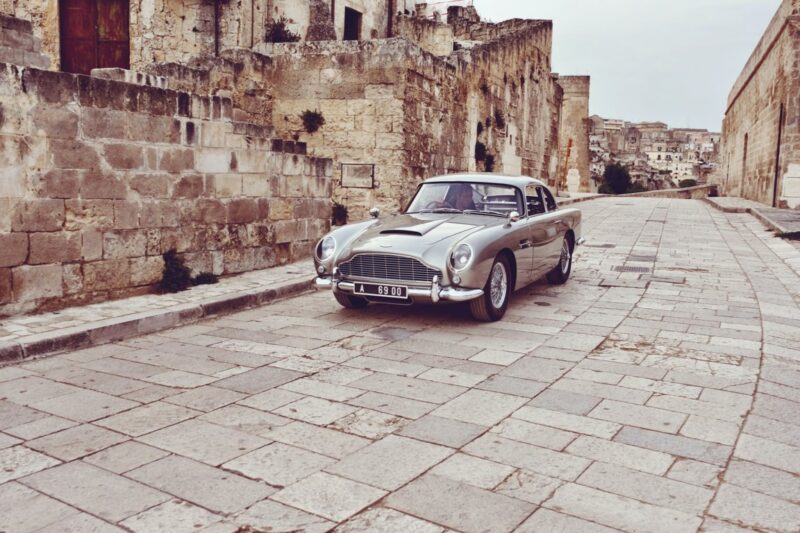
Cars are no longer just props in our favorite TV shows and films; they have taken on starring roles, becoming characters themselves that capture our imagination. Who can forget the infamous 1968 Ford Mustang GT driven by Steve McQueen in Bullitt or the iconic Aston Martin DB5 synonymous with James Bond? These are not just cars, they are key players in storylines, helping to shape narratives and define characters.
In the realm of television, cars have been instrumental in the success of many series. The Batmobile, a customized 1955 Lincoln Futura, is synonymous with Batman’s crime-fighting adventures. The 1969 Dodge Charger, affectionately known as the General Lee, played a key role in the escapades of the Duke brothers in The Dukes of Hazzard. These vehicles don’t just convey their characters from point A to point B, they are intrinsic to the plot, the setting, and the overall tone of the series.
Driving Cinematic Experiences
Similarly, the silver screen has seen its fair share of influential automobiles. The DeLorean DMC-12, with its gullwing doors and futuristic design, is a key player in the Back to the Future series, essentially acting as a character in its own right. The Mini Cooper’s agile escapades in The Italian Job added a level of charm and excitement to the film, transforming the vehicle into a cinematic icon.
Films like Mad Max: Fury Road take this one step further, with the cars becoming a part of the dystopian environment, influencing not just the narrative but the very aesthetics of the movie. Each vehicle is as eccentric and individual as the characters themselves, showcasing how deeply intertwined cars have become with visual storytelling.
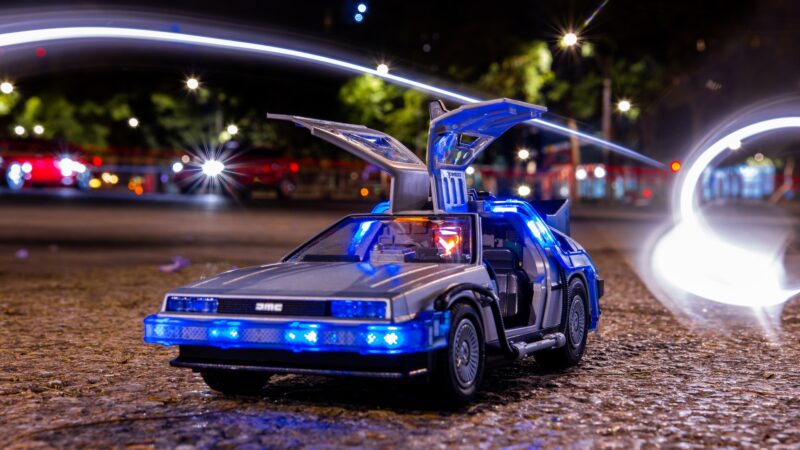
The Wider Influence of Cars on Pop Culture
As we navigate into the realm of digital entertainment, we find that the influence of cars has sped its way past the confines of physical media. Video games, in particular, have harnessed the universal appeal of cars in an immersive way. Franchises such as Need for Speed, Gran Turismo, and Forza Motorsport offer virtual racing experiences that mirror real-world car dynamics.
In the realm of digital entertainment, the influence of cars isn’t restricted to just video games or movies. It has found a unique space in online games as well. A prime example of this is seen in the diverse world of online slots, where car-themed games have become increasingly popular. Some fine examples include titles such as Street Racer and Hot Rod Racers. These slots come in all shapes and sizes and are available on computers and mobile devices. The allure of vintage cars and luxury automobiles translates well into these digital realms, offering an intriguing twist for car enthusiasts and game lovers alike.
Furthermore, car simulation games like Euro Truck Simulator and City Car Driving allow players to experience different aspects of driving beyond racing. Such games provide players with a sense of connection to their virtual vehicles, further emphasizing the intrinsic link between automobiles and entertainment.
In summary, whether on the big screen, the small screen, or even the digital screen, cars have played a significant role in shaping and influencing pop culture. They’ve grown from simply being vehicles for transportation to becoming narrative devices, influencing the aesthetics of the scenes, and even reflecting the nuances of the characters that drive them.
The diverse ways in which automobiles have ingrained themselves into our entertainment, stretching their influence even into online games, reflect the profound cultural significance these mechanical marvels hold. As we look to the future, it’s evident that cars will continue to play a significant role in shaping our pop culture narratives, taking us on exciting journeys, and driving our imaginations forward.

